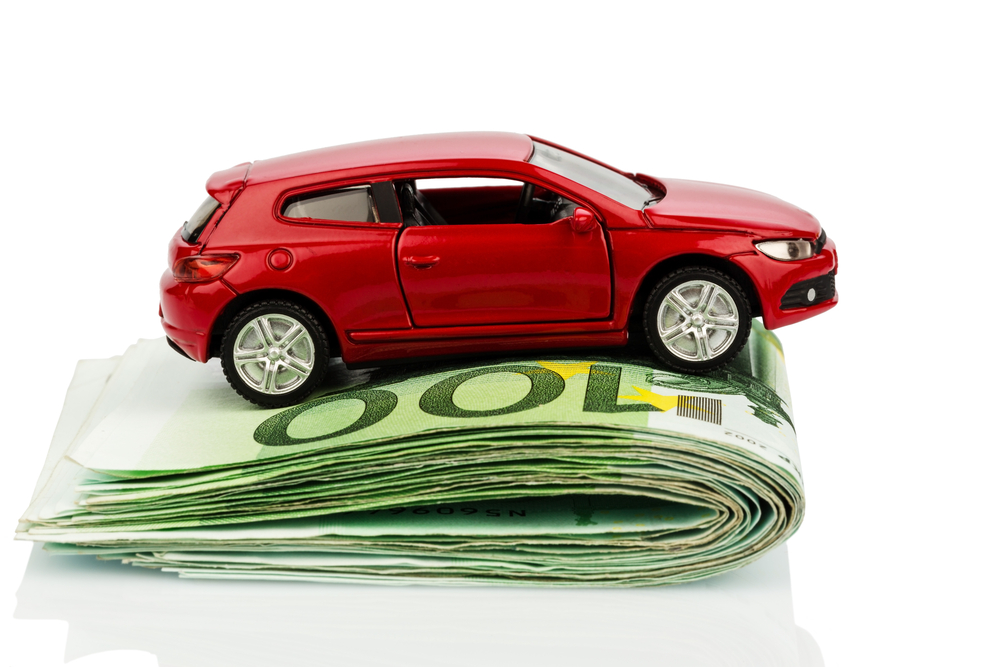
Factors impacting car insurance premiums?

Ever wondered why your friend who owns the same car as you does not pay a similar car insurance premium? It is because Insurance providers consider a whole lot of factors before zeroing in on an insurance plan apt for your car. A list of major factors contributing to your insurance premiums is listed below.
-
Age/Marital status: Unfortunately for young and single people, statistical observations show that there is a high correlation between age and marital status of the driver to the frequency of probable accidents. Mature men and women drivers have an established experience of driving safely, as opposed to young inexperienced drivers often driving frivolously. It has been often observed that the young adults under the age of 25 tend to pay 15-20 % more car insurance premium than their older counterparts.
-
Driving history: If a person’s driving record is peppered with traffic violations, parking tickets or accidents, then in those cases insurance providers take due note of these happenings and quote a higher insurance premium. On the contrary if a driver maintains a spotless record, then he/she might be eligible for a lower premium. Furthermore, elongated periods of un-eventful driving might even earn the driver a no-claim bonus, whereby a driver gets a discount in future premiums for not having made any insurance claims.
-
Type of Policy: The terms of an insurance policy can also greatly affect the premiums to be paid. For instance, if you already have another policy in place for personal accident insurance, then you might skip the share of car insurance premium designated for personal insurance cover. Another term influencing insurance premium is ‘deductible’, which is a certain share of amount an insurance holder should pay out of his own pocket before he/she can claim the rest of the expenses for repair from the insurer. If the deductible you agreed upon is ‘nil’, then you might end up paying higher premiums. On the other hand, the premiums might be lower if you agree to allocate a certain amount for deductibles. Some policy might also have add-ons like international coverage. If you do not plan to drive out of the country, then you might give this add-on a miss, thereby incurring lesser premium charges.
-
Car model/make: The model and make of a car definitely influences the charges for insurance. A swanky speedster or a luxury car would have higher premiums as opposed to a family SUV. The spare parts for the former might be difficult in procuring, thereby increasing repair costs. Studies show that high-performance muscle cars are at higher risk of being involved in an accident, thus resulting in costlier premiums. Very old cars also attract higher premium charges as they are prone to improper functioning and might result in accidents. The in-built safety features, engine type, fuel type, tra_nsmission and other such features are also considered while establishing a score for your car.
-
Frequent insurance claims: If you make frequent claims, you will not only miss out on the ‘no-claim’ bonus, but also end up paying increased premium charges upon insurance renewal. Therefore, it is wise to pay yourself for small repairs and fixes, and keep insurance-claims only to major expenses.
-
Credit scores and reports: Although in its nascent stage, authorities are pushing for Credit scores to have some bearing on your car insurance premium. You can read the article How to improve my credit rating to manage your ratings well and thus avoid circumstances for increased premium charges.
-
Multiple quotes for insurance: You might end up choosing the first insurance provider without consulting others. As a result, you’ll miss out on great plans and ones that offer best value for money. Therefore, it is best to have multiple quotes and compare policy features before selecting one.
Consider all the above factors while making a decision on your car insurance. Choose wisely and travel safely.



